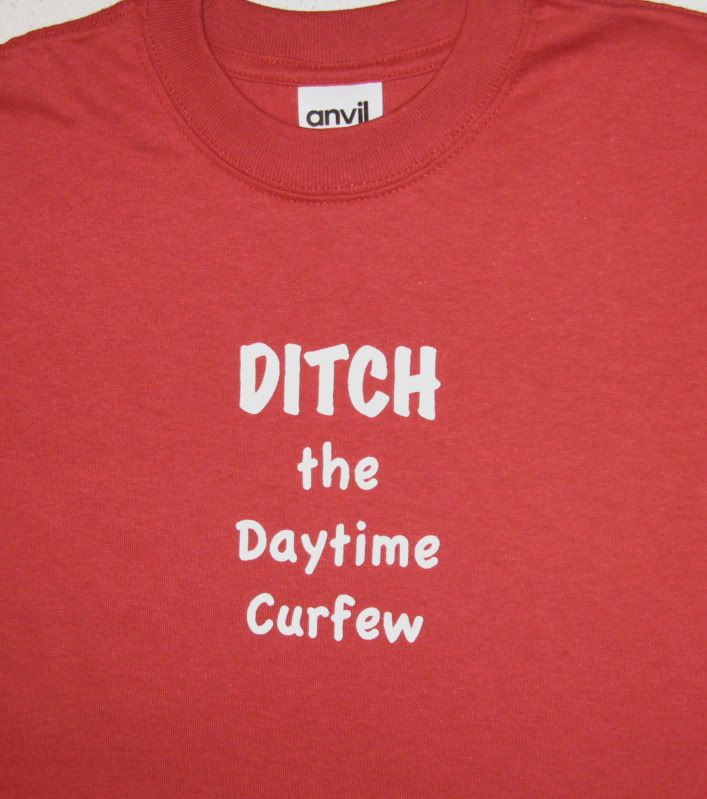Proposition 7: "The constitutional amendment authorizing a home-rule municipality to
provide in its charter the procedure to fill a vacancy on its governing
body for which the unexpired term is 12 months or less."
This proposition has received very little attention, and on the surface seems like a good solution: allowing home-rule cities to decide how to fill vacant elected seats by council appointment without the expense of a special election when there is a year or less remaining in the term.
Saving taxpayer money is almost always a desirable goal. Taxpayers sometimes spend thousands to tens of thousands of dollars to hold special elections to fill vacated seats, only to pay that money again a few months later when that seat is up for election.
There may be extenuating circumstances, such as a council member's death, where a tax-saving amendment such as this may be appropriate; however, we should also consider the unintended negative consequences that may result from the passage of this type of charter amendment.
First, a charter amendment giving a city council the ability to appoint their own replacements provides a very real potential for a municipal body to act against the will of the voters. Appointing a replacement from among a council's own colleagues increases the potential for corruption and political cronyism. This may even have the undesirable result of preventing a particular minority group from getting on the council.
Second, a city council may be tempted to abuse the charter amendment by indiscriminately using it to fill vacancies in situations other than extenuating circumstances. Council members who choose not to seek reelection when their term
is up may see this as an opportunity to select a replacement who will perpetuate their brand of politics and preserve the status quo,
without regard for the will of the voters they serve. Currently, a vacancy on a council results in an open seat and an
opportunity for a new set of candidates to run for a seat on equal
footing in the election. If this proposition passes, the reality may be that any council member not
intending to run for reelection will choose to vacate his seat early, in order to give a council-appointed candidate time to run for his seat as the
incumbent. A council-appointed incumbent may be more difficult to
challenge in an election, since he will have the council's support that he "is already doing the job." Open seats in city elections could be a
thing of the past.
Third, twelve months is a long time for an appointee to serve without voter approval. While it appears that the proposition's intention is to give councils the ability to fill a short-term vacancy, it would be preferable and more in line with a contingency situation if the appointed term were for 2 or 3 months.
Finally, spending a few thousand dollars on an election today, may save multi-millions of taxpayer dollars tomorrow. Texas has the 2nd highest municipal debt per capita, behind only New York (Source: Your Money and Local Debt, published Sept 2012 by TX Comptroller Susan Combs). Today, many of our city councils are spending money with abandon, using certificates of obligation (which do not need voter approval) and aggressively pushing for bond money to fund their
elaborate pet spending projects, resulting in hundreds of
millions of dollars in long-term public debt. The small amount of money spent on a city election is a drop in the bucket compared with the multi-millions being spent in bond money. Our local leaders need to be held accountable to the public it serves. Spending a few thousand dollars
on an election seems a small price to pay to preserve the democratic process and ensure that voters are selecting their leaders.
There are times when saving taxpayer money is preferable; saving money to avoid an election should not be one of those times.
Elections are worth it.
Vote "No" on Proposition 7.
Saturday, November 2, 2013
Subscribe to:
Posts (Atom)




